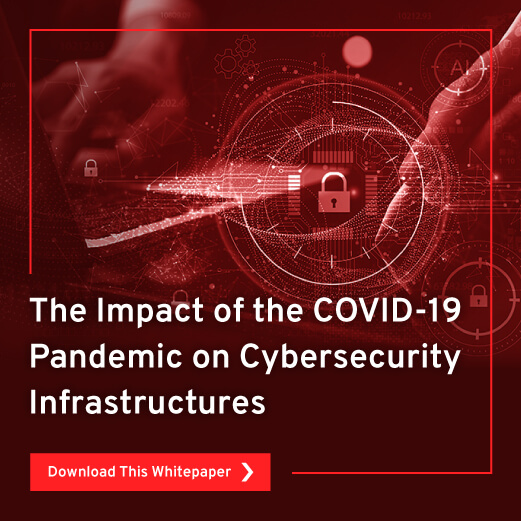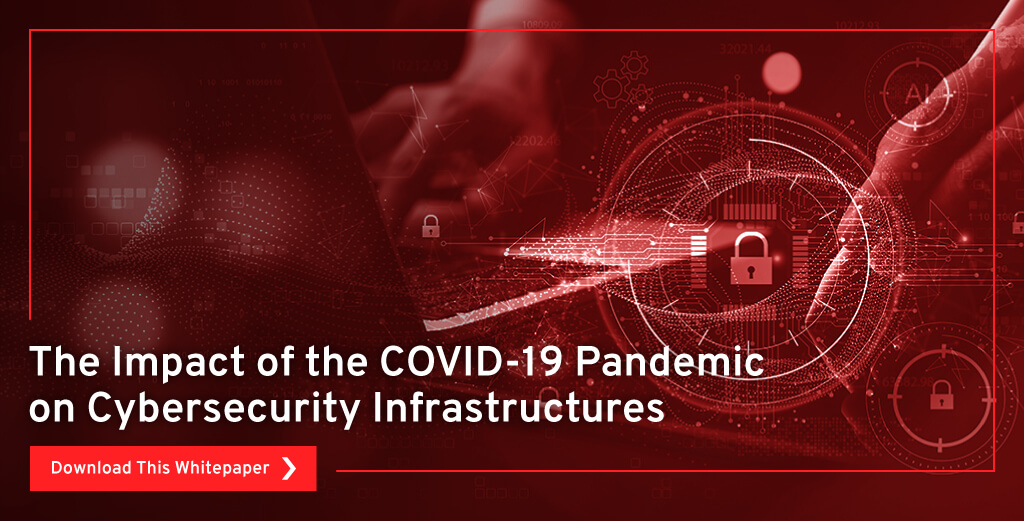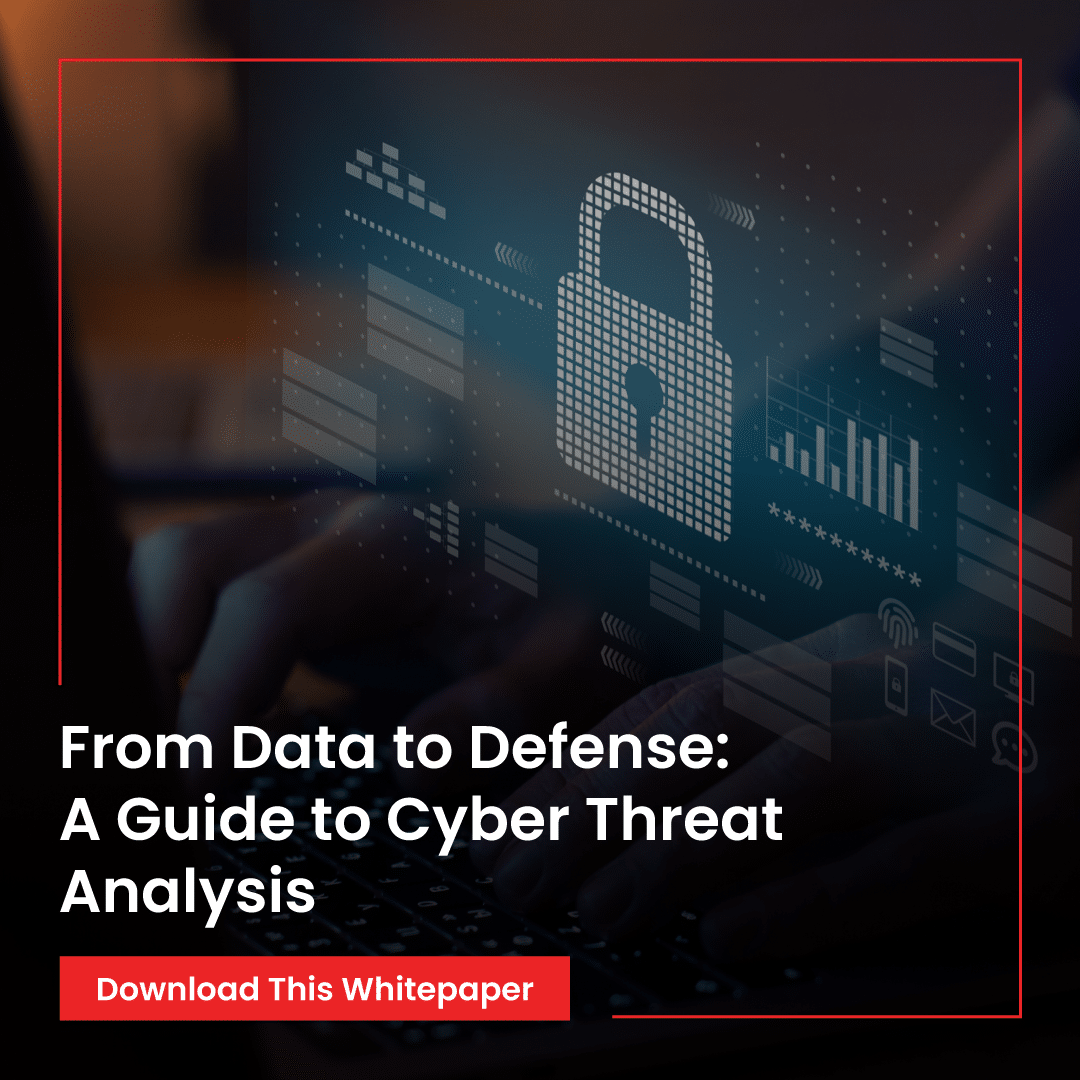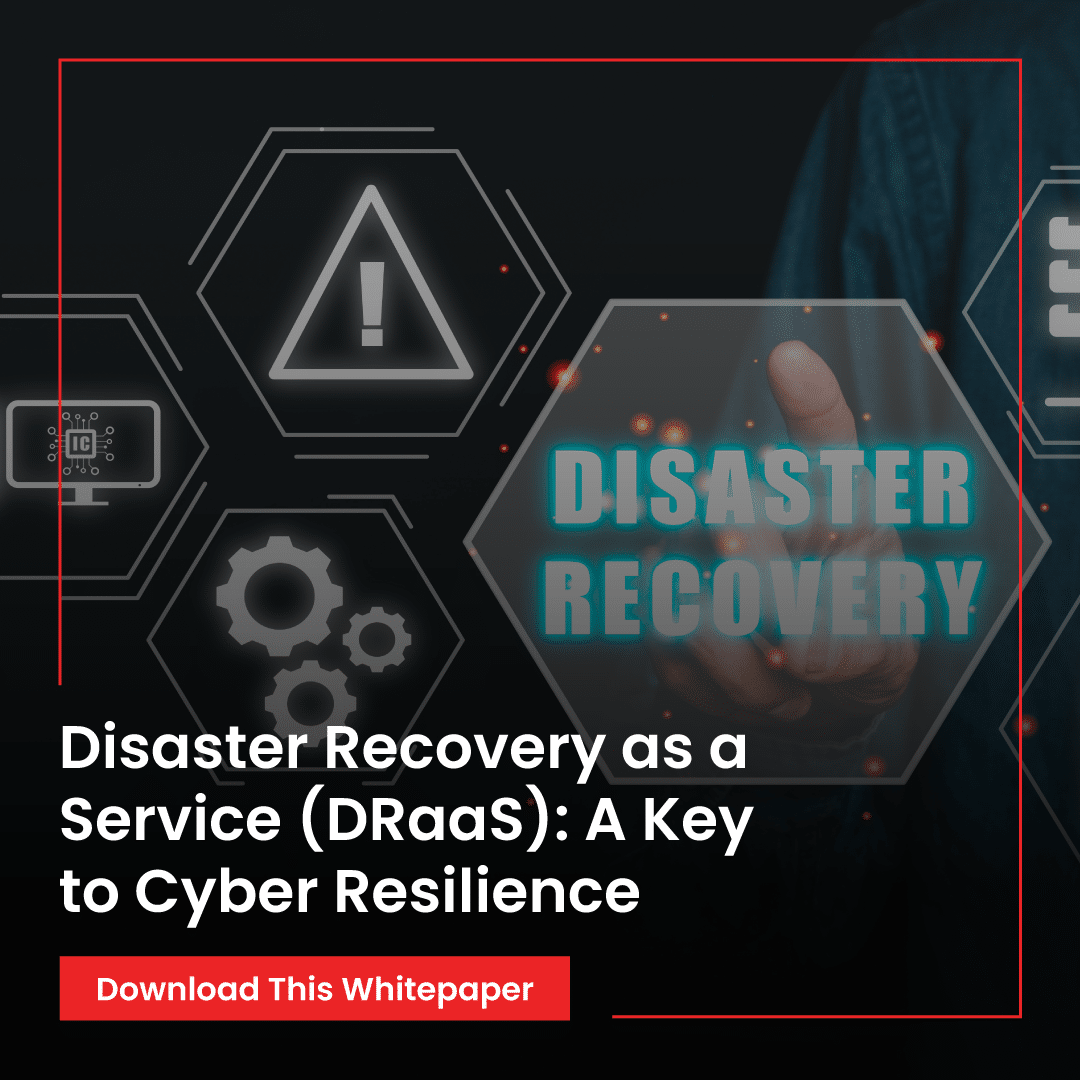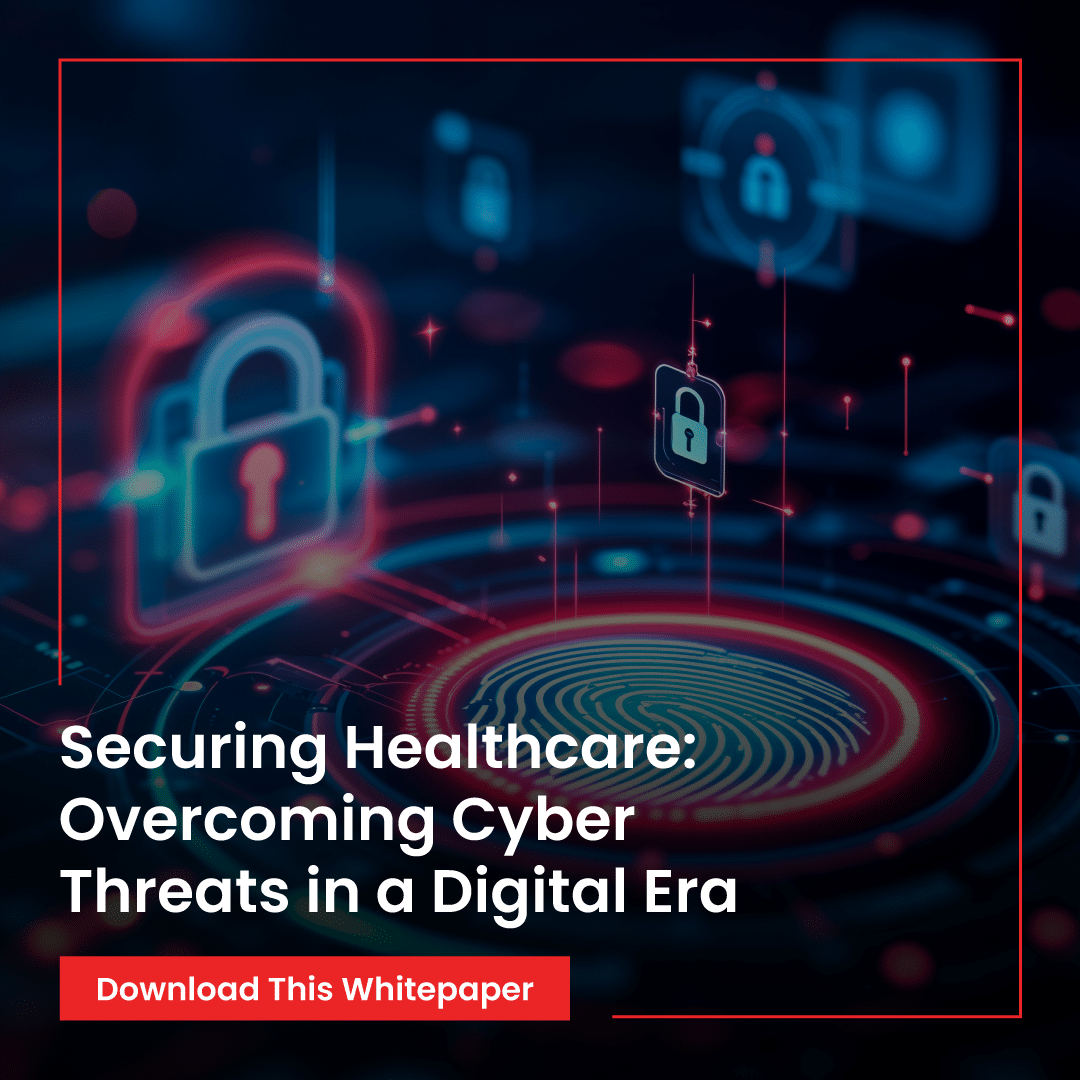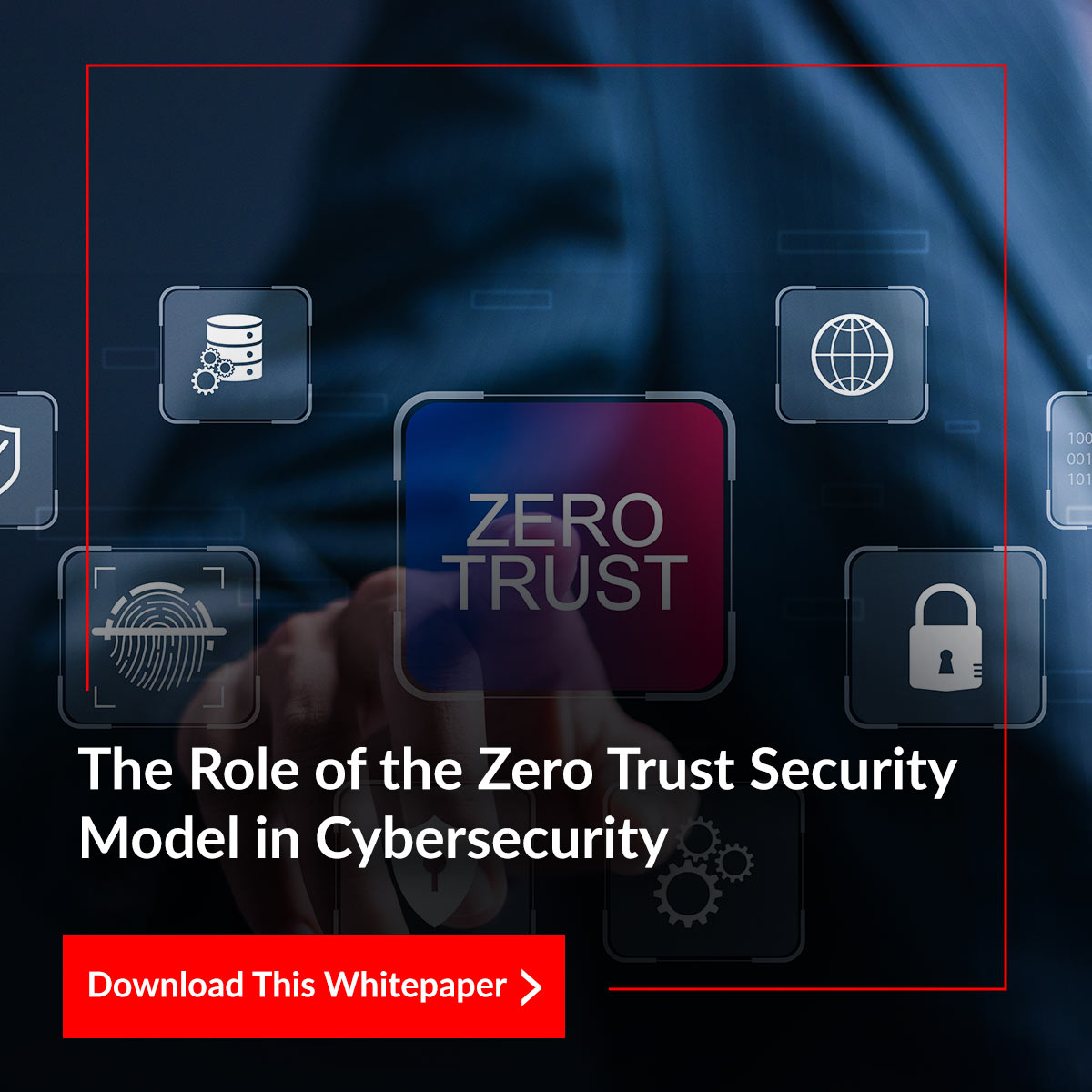The Impact of the COVID-19 Pandemic on Cybersecurity Infrastructures
The COVID-19 pandemic has had a profound impact on the way people live and work around the world. One of the areas that have been significantly affected is the cybersecurity infrastructure. In this whitepaper, the author, Mohammad Zahidur Rahman, an Information Security Specialist at Southeast Bank Limited, examines the impact of the pandemic on cybersecurity infrastructures and provides insights into how organizations can enhance their cybersecurity posture.
The pandemic has accelerated the shift towards remote work, which has led to an increase in the use of virtual private networks (VPNs) and cloud-based applications. However, this has also increased the attack surface for cybercriminals. The paper notes that cybercriminals have exploited the pandemic by using COVID-19-themed phishing emails, malware, and ransomware attacks to target individuals and organizations. In addition, this whitepaper highlights that using personal devices for work has also increased the risk of data breaches.
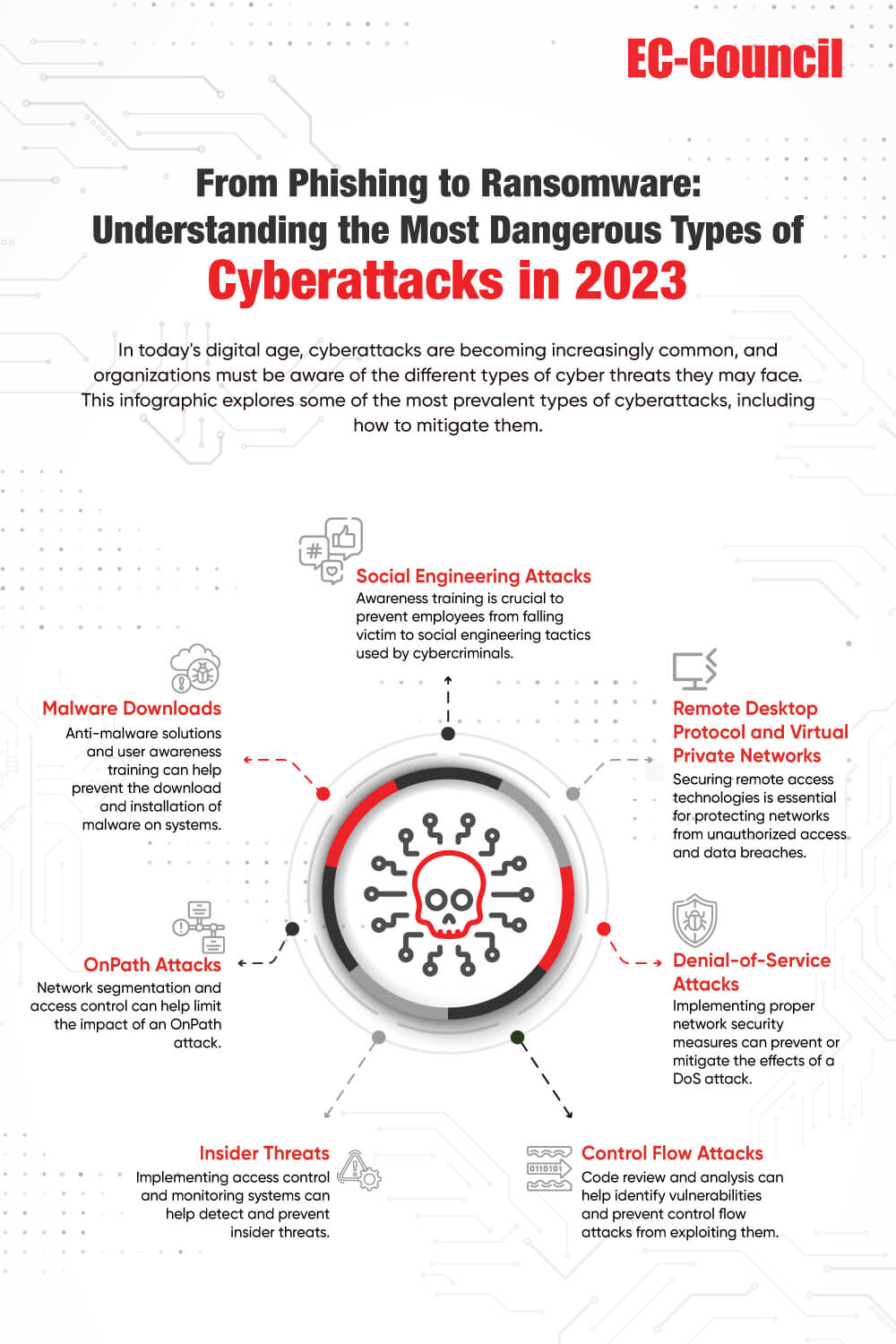
The whitepaper also emphasizes the importance of employee awareness and education to mitigate the risks posed by cyber threats. Organizations need to implement effective security awareness training programs to educate their employees on identifying and responding to cyber threats. It also recommends using multi-factor authentication and other security measures to prevent unauthorized access to sensitive data.
Another area that the paper explores is the impact of the pandemic on supply chain security. With the disruption in global supply chains, organizations increasingly rely on third-party vendors and suppliers for their products and services. This has increased the risk of supply chain attacks, where cybercriminals target weak points in the supply chain to gain access to sensitive information. The whitepaper recommends that organizations assess the security posture of their vendors and suppliers and implement appropriate measures to mitigate the risks.
The whitepaper also notes that the pandemic has highlighted the importance of disaster recovery and business continuity planning. With the increase in remote work, organizations need to ensure that their disaster recovery and business continuity plans are current and can support a remote workforce. This includes ensuring that employees can access the necessary tools and resources to work remotely and that critical data is backed up and accessible.
Finally, the whitepaper recommends that organizations adopt a risk-based approach to cybersecurity. This involves identifying and prioritizing the most significant risks and implementing appropriate mitigation measures. The paper notes that organizations must develop a comprehensive risk management framework that includes regular risk assessments, vulnerability scans, and penetration testing to identify and address vulnerabilities.
In conclusion, the COVID-19 pandemic has significantly impacted cybersecurity infrastructures, and organizations need to adapt to the new realities of remote work and heightened cyber threats. The whitepaper provides valuable insights into how organizations can enhance their cybersecurity posture and mitigate the risks posed by cyber threats. By implementing effective security awareness training programs, adopting multi-factor authentication and other security measures, assessing the security posture of their vendors and suppliers, developing disaster recovery and business continuity plans, and adopting a risk-based approach to cybersecurity, organizations can strengthen their cybersecurity defenses and protect their critical assets.
To download EC-Council’s whitepaper on The Impact of the COVID-19 Pandemic on Cybersecurity Infrastructures, please submit your details in the form below.


